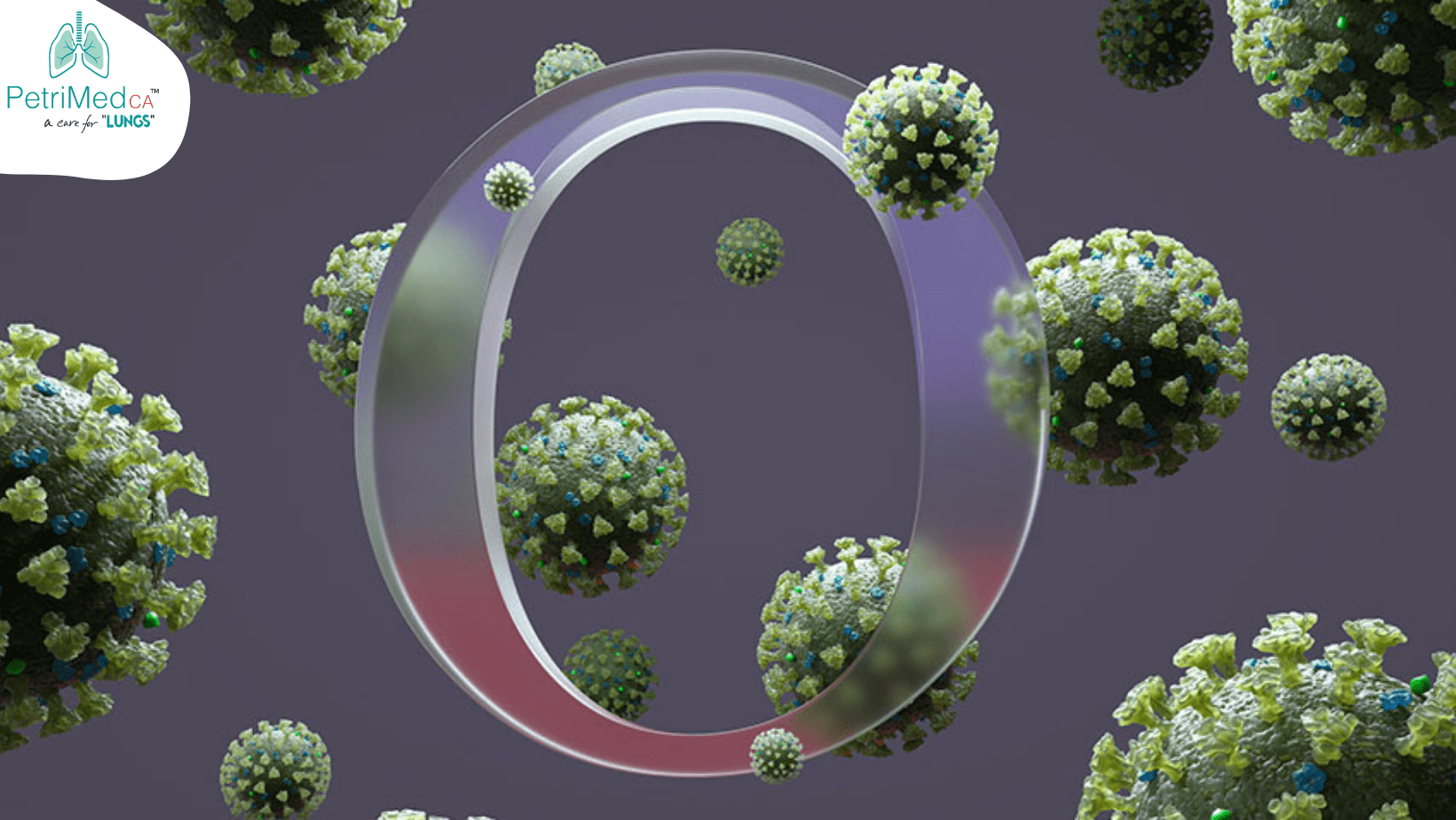Covid Omicron Variant: All You Need to Know
31 Dec 2021
Several coronavirus variants have turned up during the last few years as SARS-CoV-2 keeps evolving with characteristics. Most of the variants left little to no impact on human health, but the variants with some genetic changes like Delta are more infectious than the original one found in 2019.
Recently in November 2021, the World Health Organization (WHO) came to know about a new variant known as Omicron, which the experts believe to be at least as transmittable as the Delta variant. And it may put an extra burden on the healthcare system globally if left unaddressed. The WHO has classified the variant B.1.1.529 as a ‘Variant of Concern’ on the recommendation of WHO’s Technical Advisory Group on Virus Evolution (TAG-VE).
Why is Omicron Worrying the Experts?
As stated by the WHO, it will be too early to say that the new variant can cause stern health problems. Experts are worried over a large number of mutations of the spike protein—which hints at its character to infect more people. It is also urged that the number of mutations may neutralize vaccine efficacy against the virus infection. Initial information coming from different countries suggests that the new variant is causing the growing rates of hospitalization.
Common Symptoms of Omicron You Should Not Ignore:
Since common Covid-19 symptoms are very much noticeable in persons infected with the new variant, but fatigue has been usually found in limited Omicron data so far. Initial reports indicate that the people infected with the new coronavirus variant may experience the following symptoms:
· Shortness of breath
· Fever, cough, loss of taste or smell
· Feeling fatigue
· Scratchy throat
· Night sweats and body ache
Preventive measures can curb the infection rate
According to the WHO, the best preventive measures people need to restrain the new variant is to maintain a physical distance followed by wearing a protective mask and reducing the exposure to harmful air pollution. Moreover, an individual also needs to improve ventilation in the home.
The significance of clean air cannot be discounted in the age of highly contagious viruses. Scientific studies have already summarized that contaminated air can potentially worsen the rate of infections—especially if the level of PM2.5 and nitrogen dioxide (NO2) is not reduced to the absolute minimum.
An advanced air purification system is developed using a medical-grade air filtration technology to remove allergens, particulate matters, tiny particles, and other pollutants to improve indoor air quality. PetriMed CA Air Purification System is more efficient to nourish the indoor air, compared to an ordinary air purifier for the home. With a 3-storey mechanism fitted with air filtration, built-in UV-C disinfector, and air ionizer, it is highly competent to take out 99.999% of the tiny particles from the indoor air.
